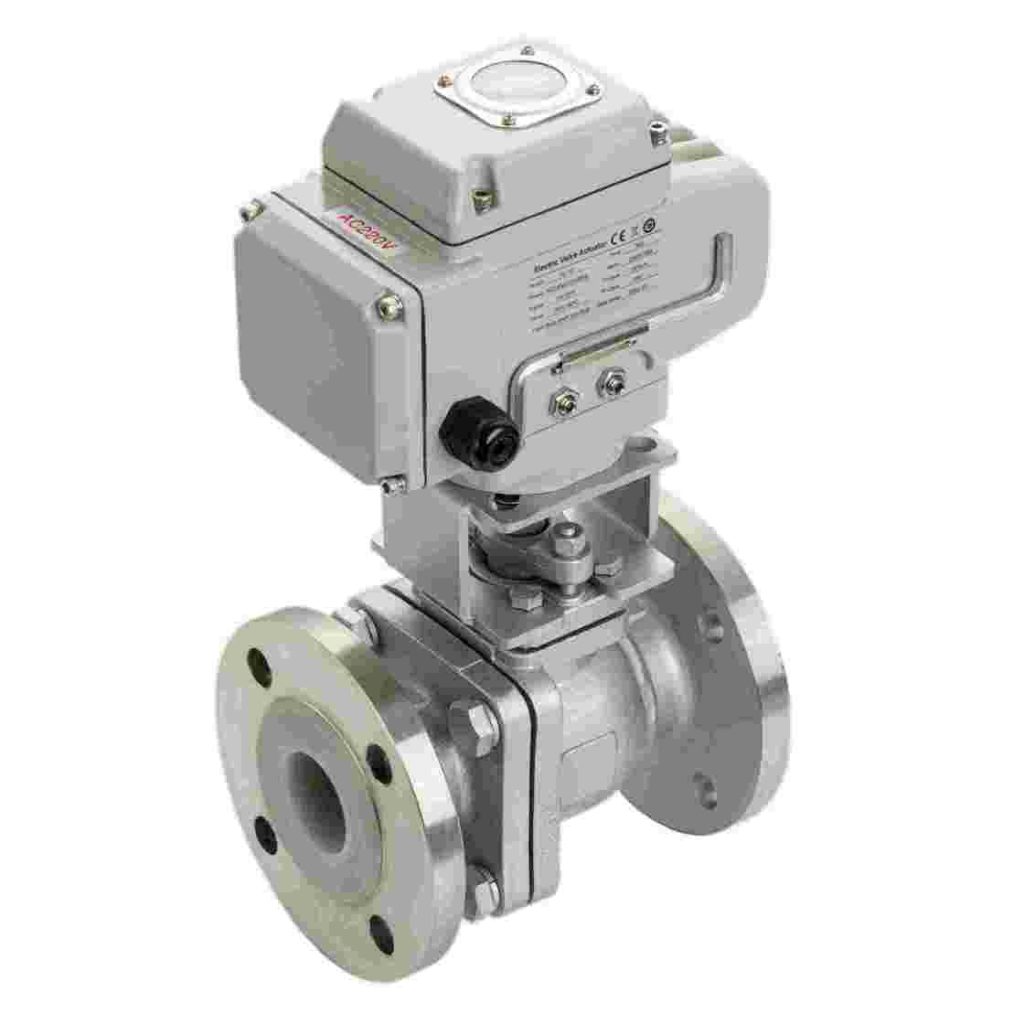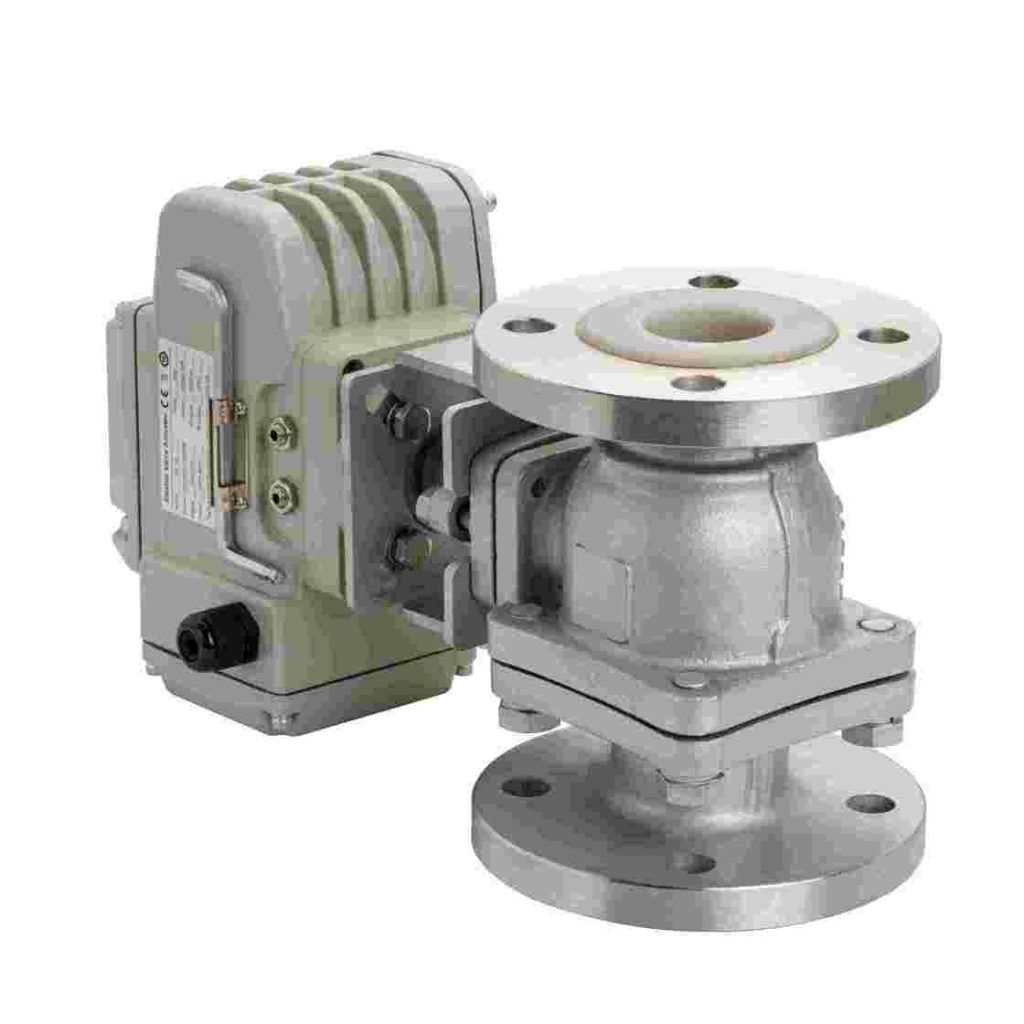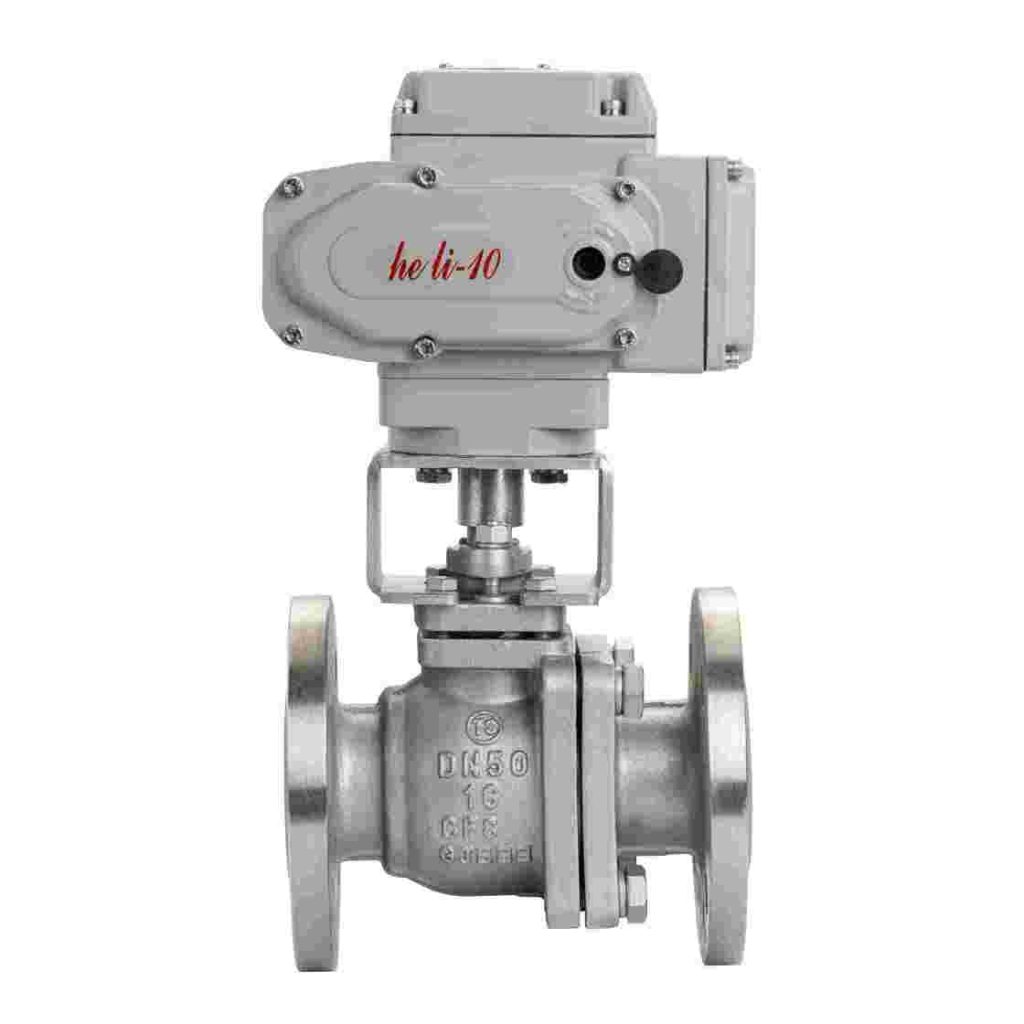As the world increasingly turns toward cleaner and more sustainable energy solutions, hydrogen energy has emerged as one of the most promising alternatives to fossil fuels. Hydrogen, when used as a fuel source, emits only water vapor, making it an ideal candidate for reducing greenhouse gas emissions. However, the transition to hydrogen energy is not without its challenges. One significant hurdle is ensuring the durability and efficiency of the infrastructure used to store, transport, and regulate hydrogen. This is where advanced technologies, such as the Hydrogen Energy Electric Anti-Corrosion Ball Valve, come into play.

The Role of Hydrogen Energy in the Future

Hydrogen is a versatile and clean energy carrier. It can be produced from a variety of resources, including water through electrolysis, natural gas, or biomass. When used in fuel cells or combustion engines, hydrogen generates power without harmful emissions, making it a key player in the fight against climate change. Industries, ranging from automotive to power generation, are beginning to invest heavily in hydrogen fuel as part of their long-term sustainability strategies. However, hydrogen’s unique properties—particularly its small molecular size and its highly reactive nature—pose challenges in terms of infrastructure. Hydrogen is more prone to leakage compared to other gases, and its interaction with materials can lead to issues like embrittlement and corrosion, especially under high-pressure conditions. To ensure the efficient and safe use of hydrogen energy, the components used in hydrogen systems must be carefully selected and engineered for durability and resistance to these challenges.

Leave a Reply
You must be logged in to post a comment.